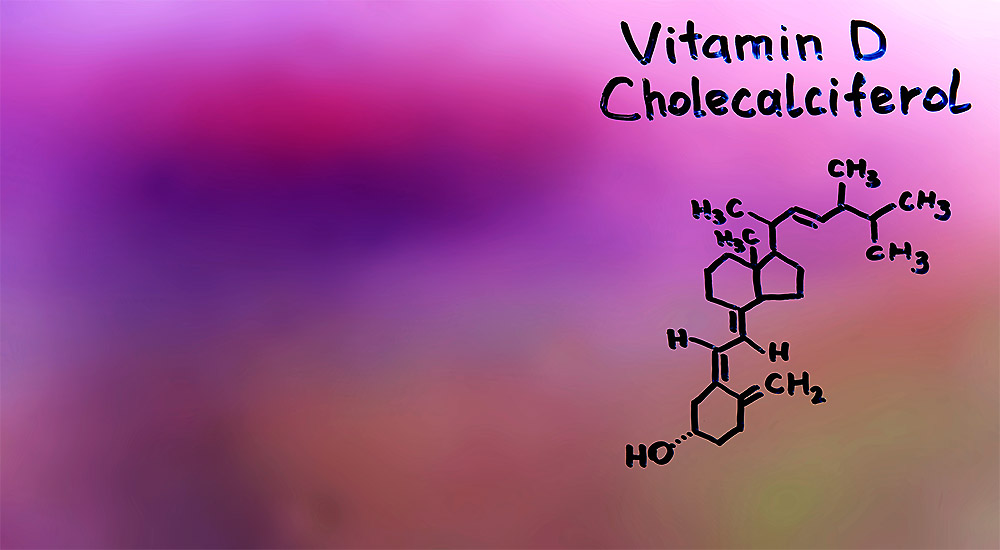Gluten Intolerance Causes ADHD and Schizophrenia?


I say fortunately because one’s diet is something one can control and if eliminating gluten impacted such a serious condition it would certainly be good to know. The typical treatment for such diseases involves medications, but their side effects often rival the diseases themselves.” Cure” is not a word that is used when it comes to such complex conditions, so I think you’ll find the following information quite interesting.
80% of Kids with ADHD Reacted to Gluten
Dr. Peter Green was quoted as saying the following while speaking to a celiac group recently. “I’ve been interested in gluten sensitivity as it relates to psychiatric and neurological problems. There’s a high rate of anti-gliadin antibodies (a test used predominantly to determine gluten sensitivity) in schizophrenia, depression, and ADHD. Much higher than in the general population.” He went on to state the results of a study that found the following: “15% of [healthy] people have anti-gliadin antibodies. 80% of kids they studied with ADHD had anti-gliadin antibodies. They were not positive for celiac antibodies.”
Dr. Green is making the distinction between celiac disease and gluten sensitivity when he says that the children were not positive for celiac antibodies. The anti-gliadin antibodies show that they did have gluten sensitivity – 80% of them in fact! There are much-supporting research and anecdotal evidence from parents that gluten is a factor in ADHD, but this research was definitely persuasive.
Unfortunately Dr. Green did not cite the source of the research in his talk or I would provide it for you. It is common knowledge that gluten is strongly correlated to problems with the nervous system. But the strength of the correlation at a whopping 80% is truly staggering and worthy of note for laypersons and doctors alike.
Schizophrenia was called ‘Bread Madness’ Decades Ago
Dr. Green went on to discuss schizophrenia. He stated: “There are research papers from the ‘60s that call schizophrenia ‘bread madness’.” “It’s in the Lancet.” (The Lancet is a prominent medical journal in this country.) He continued: “I was recently approached by people in the New York State Psychiatric Institute because they want to take on a ward of schizophrenics and put them on a gluten-free diet and have a ward on a regular diet and demonstrate any difference.” Isn’t it fascinating that over 50 years ago we knew of a correlation between bread and schizophrenia?
In light of recent research that correlates this finding, I find it a terrible shame that such data was lost or somehow suppressed, leaving many schizophrenics to suffer needlessly with their disease.
20% of Schizophrenics Can Benefit from No Gluten
The Journal of Pediatric Gastroenterology & Nutrition (2009) reported that “preliminary observations suggest that within the subjects with schizophrenia there is a mixture of 2 populations: Celiac disease patients (1:59) and gluten-sensitive patients (1:5).
They conclude that: “Since changes in behavior have been described [on a gluten-free diet], we conclude that 1 out of 5 [20%] schizophrenic patients could potentially benefit from a gluten-free diet.” These researchers saw enough of an improvement in these patients to conclude that 20% of them could be helped from a gluten-free diet.
Benefitting 20% of those suffering from the “madness” of schizophrenia would create a large impact, don’t you think? Can you imagine what kind of publicity a drug would receive that would show those results?
In May 2010, Biological Psychiatry reported that “increased immune sensitivity to gluten has been reported in schizophrenia.” The study included almost 500 individuals with recent-onset psychosis and schizophrenia, along with 150 controls. It was found that “individuals with recent-onset psychosis and schizophrenia had increased levels of antibodies to gliadin compared with control subjects.” Only 1% were positive for celiac disease.
As was apparent in the previous study quoted from 2009, these individuals also had reactions to gluten consistent with gluten sensitivity as opposed to celiac disease. While that might not seem like a big distinction it actually is huge.
Gluten Sensitivity Can be a Cause of Disease in its own Right
Here’s why: celiac is a “real disease” that is known about and can be “officially” diagnosed medically – although we only successfully diagnose about 5% of those suffering. Gluten sensitivity has not gained any official status yet as a disease.
Due to that fact, most studies look at celiacs when they are interested in evaluating gluten’s effect upon the human body. Fortunately, the researchers in these two schizophrenia studies were savvy enough to be aware of the distinction. Had they not been, their conclusions would have been very different.
Had the authors only looked at celiac disease, they would be telling us that there is no increased incidence of celiac in schizophrenics over the general population and therefore it’s unlikely that gluten is playing any contributing role in the disease. Instead, due to their awareness of gluten sensitivity, they checked for both conditions and (drum roll please….) discovered that 20% of those afflicted with schizophrenia would benefit from a gluten-free diet.
More Gluten Sensitivity Research is on the Horizon
My dream is that more researchers jump on the bandwagon of studying gluten sensitivity. Can you imagine if both celiac disease and gluten sensitivity were evaluated in all studies concerning gluten’s effects on the human body? I am convinced that we would soon learn that many, many diseases and conditions have gluten sensitivity as their root cause.
The studies are coming and I will alert you to their results. Please send me any questions that you have and let me know how I can be of assistance to you or your family. Root Cause Medical Clinic is a destination clinic and we see patients from across the country as well as internationally. We truly are here to help.
Do you need help with your health?
We have the diagnostic and testing tools, the clinical experience, and a different medical approach to discovering the root cause of why you have the symptoms that are bothering you. As long as you are ready to make some dietary and lifestyle changes, we can help you. We will "hold your hand" through the changes, step by step, to make each step an easy one. We are located in Clearwater, FL, at 1000 S Ft Harrison, at the corner of Ft. Harrison Ave. and Magnolia St. There is plenty of parking space directly accessible from Ft Harrison. If it is not convenient for you to come to Root Cause Medical Clinic, we offer telehealth/telemedicine consultations to residents of certain states. Call us for details.
Contact us for a Consultation – Call 727-335-0400

Dr. Vikki Petersen DC. CCN
Founder of Root Cause Medical Clinic
Certified Functional Medicine Practitioner
Dr Vikki Petersen is a public speaker, author of two books, several eBooks and creates cutting edge content for her YouTube community. Dr Vikki is committed to bringing Root Cause Medicine and its unique approach to restoring health naturally to the world.
Ask a Doctor
Have a health concern you'd like to speak with a doctor about? Or just want clarity on a subject? Ask Us!



